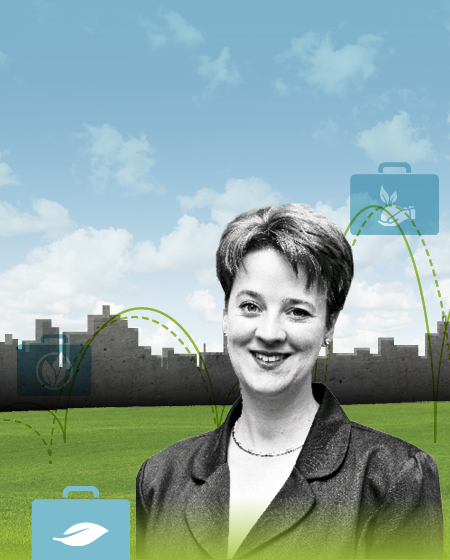Issues of sustainability and social responsibility are firmly entrenched in the SA business landscape. Large-scale initiatives such as the long-standing Global Reporting Initiative and CDP (formerly Carbon Disclosure Project), bolstered by the UN-supported Principles for Responsible Investment (PRI) and the more recent International Integrated Reporting Council, evidence the continued rise in momentum towards responsible investment and sustainable development globally.
Through the Sustainable Stock Exchanges Initiative and the recently-formed Sustainability Working Group of the World Federation of Exchanges (of which the JSE is currently vice-chair), the stock exchange industry is very much a part of the conversation.
The JSE has pushed the call for sustainable business and investment over the last two decades through pioneering initiatives like the Socially Responsible Investment (SRI) Index, always firmly grounding its efforts in a regulatory base such as the mandatory governance rules and requiring application of the King codes on a comply-or-explain basis.
While the initial bold step to incorporate governance into the listing requirements came at a time when governance was not popular and some ideas were met with resistance, the JSE persisted and can today boast the recognition as the best in the world for its regulation, a position held for a number of years.
The exchange continues to exert positive influence in an incremental manner through the evolution of the SRI Index and the call for integrated reporting through its incorporation of King III. Supporting enhanced interaction between companies and investors as regards environmental, social and governance (ESG) imperatives is a key pillar of the JSE’s continued efforts to promote transparency.
The JSE’s fourth ESG Investor Briefing in September again presented delegates with an exceptionally strong line-up of companies from the 2013 SRI Index, with Anglo American Platinum, Exxaro Resources, FirstRand, Kumba Iron Ore, Netcare, Vodacom and Woolworths each sharing their sustainability strategy and how it positions their investment case.
While sceptics may argue that companies are still not transparent enough and that investors are merely paying lip service to their commitments, the vigour with which companies and certain major investors such as SA’s Government Employees Pension Fund (GEPF) have responded to the JSE’s initiatives is indicative of a clear shift taking place. However, to truly achieve lasting change essentially calls for a reshaping of capital markets, which will require many more brave and bold moves, as well as close collaboration from all actors along the investment supply chain.
Feedback from our listed companies indicates that, beyond their own convictions of the necessity of being proactive in managing sustainability risks and opportunities, increased engagement by investors would provide significant impetus to expanded implementation and continued improvement in performance. To then see investment decisions being based on strong sustainability management and performance would be an even more definitive stimulus in this regard.
The move for institutional investors to integrate responsible investment principles into investment decisions is a complex process that touches on the relationships and mandates that exist between the various actors in the value chain, including asset managers and consultants. However, the imperative created through Regulation 28 and the growing understanding of the comprehensive nature of fiduciary duty is driving change, led not only by global examples but also the local leadership displayed by the likes of the GEPF and other local signatories to the PRI.
In addition, the Code for Responsible Investing in South Africa committee continues to discuss ways of expanding the practical implementation of the code’s principles.
Indications are that by 2030 we will all be facing what Sir John Beddington, former chief scientific adviser to the UK government, has called the ‘perfect storm’. By then, estimates are that the world will need to produce around 50% more food and energy, together with 30% more fresh water, while mitigating and adapting to climate change.
This, of course, has major environmental and social implications. However, it also has significant economic consequences. Investment institutions face a stark choice between investing in leadership and being left behind. All actors in the investment chain, along with asset managers and asset owners need to play their part.
The JSE remains committed to its role in this journey and looks forward to working with our clients in meeting the need in this regard.
Corli le Roux
Head of SRI Index and Sustainability, JSE









